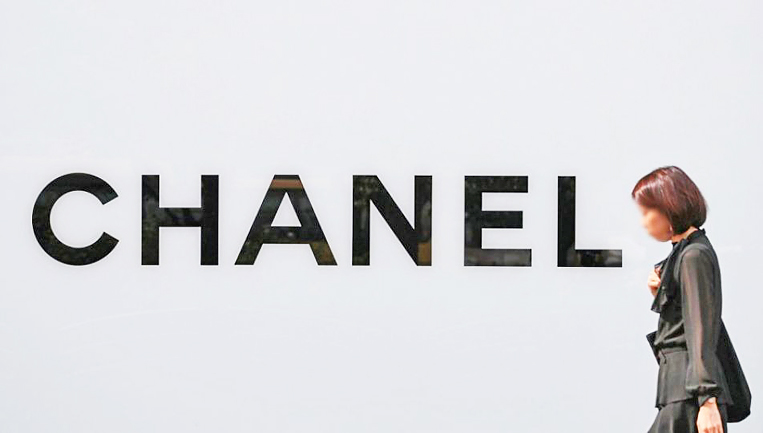ANN/THE KOREA HERALD – After achieving its most successful fiscal year to date, Chanel Korea is facing increasing pressure to distribute profits more equitably among its workforce.
Unionised employees are now on the brink of a comprehensive strike just ahead of the peak holiday season this month.
The Chanel Korea Union, an affiliate of the Korean Federation of Service Workers’ Union, reported that its members, primarily based in department stores and duty-free shops, initiated a limited strike over the previous weekend.
Should their demands not be met, they intend to proceed with planned walkouts every weekend throughout September, including during the lucrative Chuseok holidays when luxury goods experience their highest sales volume.
Among Chanel Korea’s some 1,500 employees, nearly 30 per cent, or 400 workers, are part of the union. Currently, all 400 union members are participating in the strike action.
“Chanel Korea is unfairly distributing its income. Most of the company’s net profits were paid as dividends to Chanel’s head office,” union head Han Ji-yoon told The Korea Herald.

Running high on the nation’s luxury fever, the French fashion house posted KRW1.59 trillion (USD1.19 billion) in sales and KRW412 billion in operating profits in Korea last year, up 30 per cent and 66 per cent, respectively, from a year ago. In particular, its net profits soared 74 per cent to KRW311.5 billion during the same period. However, the union claimed that most of the record earnings were spent on paying hefty dividends to the Chanel headquarters in Luxembourg, rather than elevating investments in Korea or improving the working conditions of local employees.
According to the Korean unit’s regulatory filing, the company allocated KRW295 billion, some 95 per cent of its net profit, as dividends to the head office this year. The amount more than tripled from the KRW69 billion paid a year ago.
The latest strike comes as the National Labor Relations Commission decided in June to suspend the collective bargaining process between Chanel Korea and its union after the two parties failed to resolve their differences. Citing the upbeat sales, the union called for a two-digit growth in wages, but management offered a five-percent increase.
“The union has (now) rejigged its proposed 8.8 per cent, but Chanel Korea has since closed all means of negotiation. There is no way to communicate with management as of now,” Han said.
Adding to the wage hikes, the union is also calling for a fairer salary system based on the number of years worked and experience.
In a recent round of new recruits in July, Chanel Korea announced the monthly base salary for newcomers, which was higher than that for existing employees who have worked for over 10 years.
“At most, the new recruits’ monthly salaries differed from existing employees’ salaries by KRW400,000,” said the union head.
“Managers who earn less are having difficulties in effectively managing junior members. The operational structures at each Chanel outlet are currently disorganised.”
Chanel Korea reportedly explained that such disparity in monthly salaries was unavoidable because of inflation and they had to raise the base pay to attract new employees.
A Chanel Korea official declined to comment on the ongoing strike, citing the sensitivity of the issue.
The official dismissed speculation about the dividends payouts, saying “We cannot discuss the allocation of dividends. But this amount is a consequence of our strong and healthy balance sheet, maintained year after year thanks to the significant investment made by the company.”
Amid the stalled talks, the union recently filed a complaint against Chanel Korea for violating the OECD Guidelines for Multinational Enterprises – voluntary and non-binding recommendations aimed at preventing unfair business activities by multinational firms.
In December 2021, the OECD’s Korean National Contact Point also intervened in the conflict between Chanel Korea and its labour union following a complaint about the company’s poor treatment of its cosmetics counter workers.
“South Korea is one of the largest markets for luxury goods. Spending per capita for luxury goods recorded the highest in the world last year,” said consumer science professor at Sookmyung Women’s University Choi Cheol, citing the 2022 Morgan Stanley report.
“But if a luxury brand treats its employees unfairly and spends less in the market, conscious consumers may opt to reduce their consumption of the brand,” he said, adding that “the global headquarters’ control over its overseas subsidiaries may be (influencing) companies like Chanel Korea to continue disregarding their (workers’) demands”.






